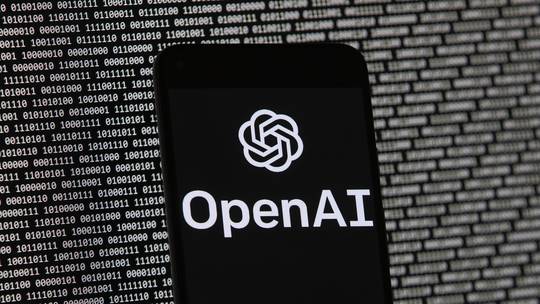If you think of things in this light, then you are going to feel that someone is insulting China or insulting the U.S and you are going to get caught up in some emotions that will blind you to reality. The best way to look at Privacy is to view it from a legal lens.A site from China listed as a security risk by sites in the west
doing the same with information they request in their EULA to use their sites.
as what they say "deepseek" does
Simply put. What is law regarding Privacy and which Jurisdiction will privacy be view under. For example, The use of DeepSeek is bound by Chinese law. If you want to take legal action against DeepSeek then you would have to do so in a Chinese Judicial system not an American Judicial system. This basically means that my U.S. rights as a citizen do not apply in Chinese Law.
Here is how you should look at it. What does the Privacy Law Say? How is the law different in comparison.
Enforcement:
- China: Enforcement is centralized under national laws like PIPL, CSL, and DSL.
- USA: Enforcement is decentralized, with the FTC, state attorneys general, and sector-specific regulators playing roles.
This is China's Approach to Private Information.
Government Access:
- Requirement: Chinese laws, such as the Personal Information Protection Law (PIPL), allow the government to access personal information for national security, public interest, and other purposes.
- Implication: The government can request access to personal data without the same level of judicial oversight required in the U.S.
- Requirement: Chinese laws permit the collection of a wide range of personal data, including biometric information, for various purposes.
- Implication: This broad scope can lead to extensive data collection and surveillance.
US approach to Privacy
Judicial Oversight:
- Requirement: U.S. laws generally require judicial oversight for government access to personal data, such as through warrants or subpoenas
Key Differences
- Data Localization: China requires certain data to be stored within its borders, while the U.S. does not have a similar federal requirement.
- Government Access: China's laws allow for broader government access to personal data without the same level of judicial oversight as in the U.S.
- Comprehensive vs. Sector-Specific: China has a comprehensive data protection law (PIPL), while the U.S. relies on a patchwork of sector-specific and state-level laws.



